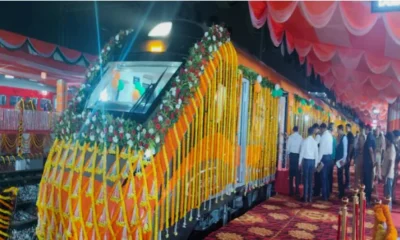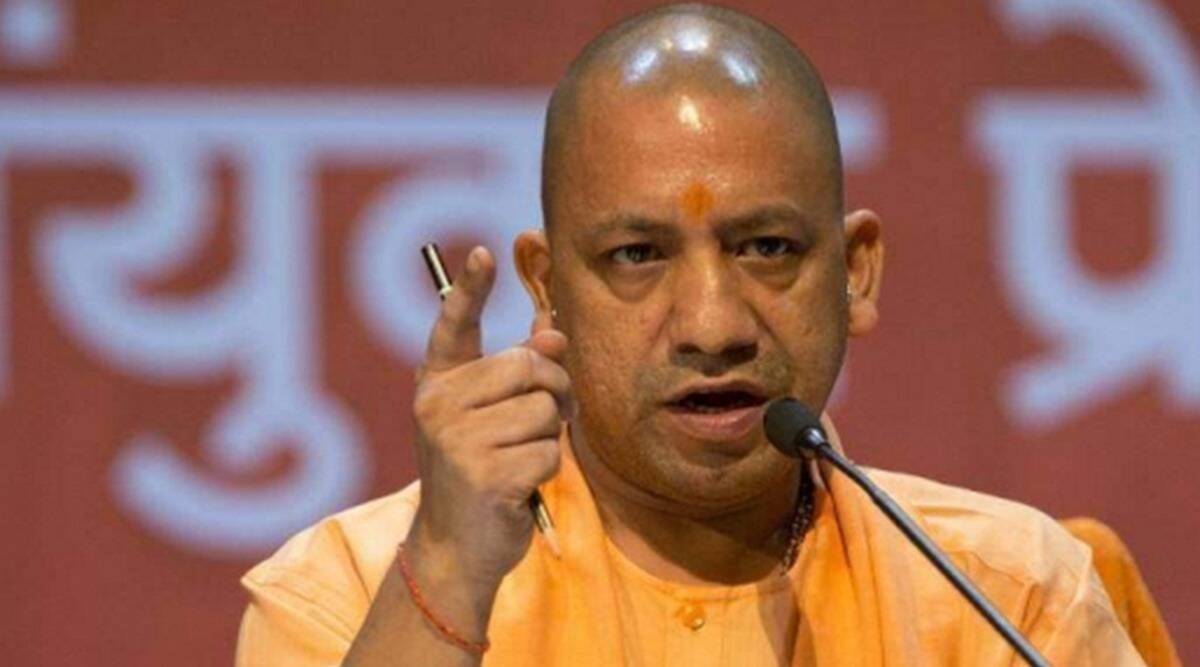Top Stories
Uttar Pradesh: Bleeding injured man lies on floor in government hospital, dog walks around him

Latest world news
India eyes Rs 8,000 crore mid-air refuelling aircraft deal as PM Modi begins Israel visit
India and Israel are in talks for a Rs 8,000 crore deal to convert six Boeing 767 jets into mid-air refuelling aircraft for the Indian Air Force.
India News
MK Stalin predicts frequent PM Modi visits to Tamil Nadu before assembly election
MK Stalin has said Prime Minister Narendra Modi will visit Tamil Nadu more often ahead of the Assembly election, calling the tours politically motivated and questioning the Centre’s support to the state.
Latest world news
PM Modi to begin two-day Israel visit, defence and trade in focus
PM Narendra Modi begins a two-day Israel visit aimed at strengthening defence cooperation, trade ties and upgrading bilateral relations to a special strategic partnership.
-

 Latest world news15 hours ago
Latest world news15 hours agoTrump says tariffs will replace income tax, criticises Supreme Court setback in key address
-

 Latest world news16 hours ago
Latest world news16 hours agoTrump repeats claim of averting India-Pakistan nuclear war during Operation Sindoor
-

 Latest world news15 hours ago
Latest world news15 hours agoPM Modi to begin two-day Israel visit, defence and trade in focus
-

 India News15 hours ago
India News15 hours agoShashi Tharoor questions Centre over Kerala name change to Keralam
-

 India News6 hours ago
India News6 hours agoMK Stalin predicts frequent PM Modi visits to Tamil Nadu before assembly election
-

 Latest world news6 hours ago
Latest world news6 hours agoIndia eyes Rs 8,000 crore mid-air refuelling aircraft deal as PM Modi begins Israel visit













